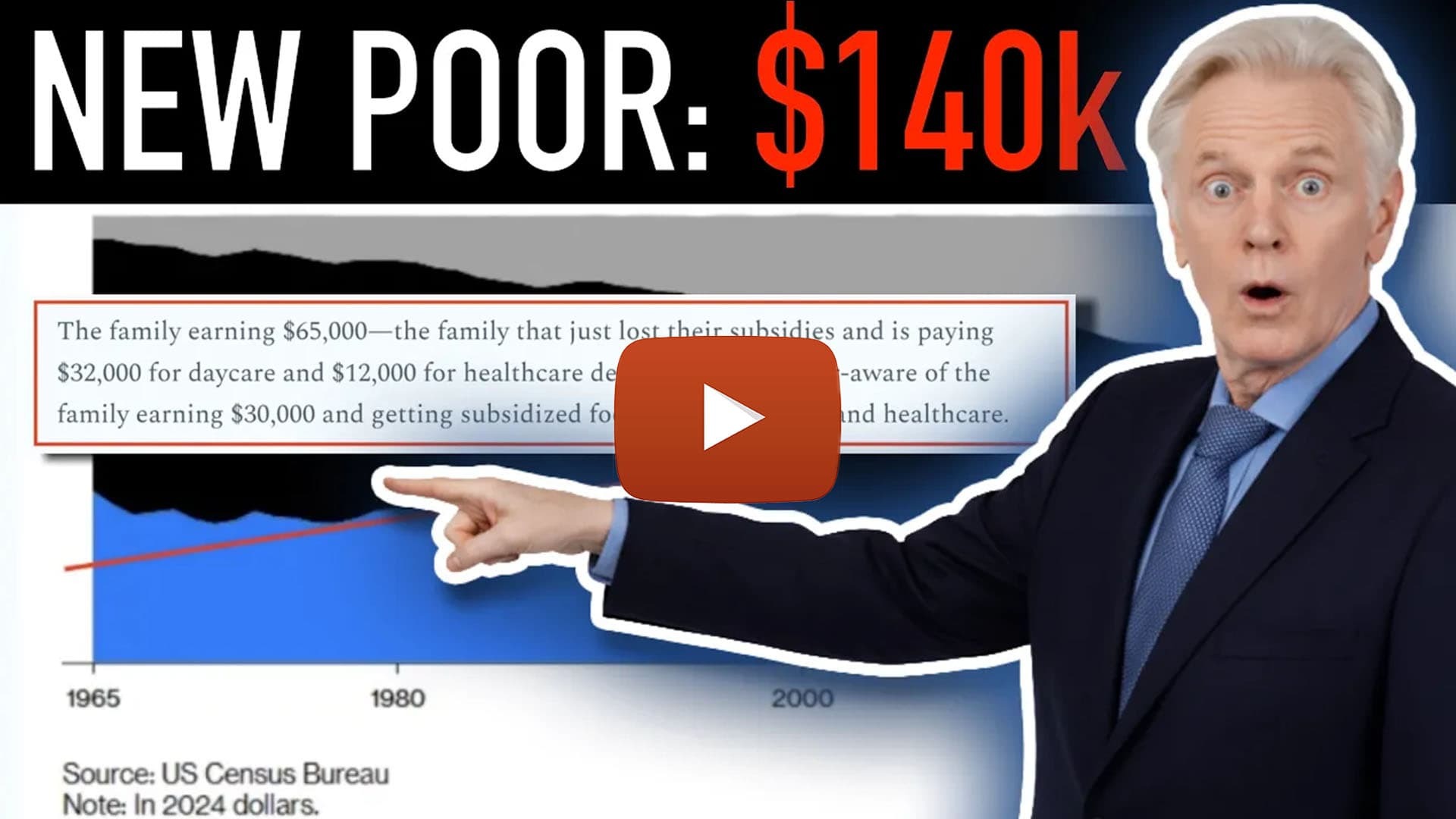FSI Urges SEC Chair to End Regulation by Enforcement
Broker/dealer advocates are pressing Securities and Exchange Commission Chair Paul Atkins on what they claim is the agency’s enforcement approach to “shoot first and ask questions later,” a practice they argue ramped up considerably under previous Chair Gary Gensler.
In a letter to Atkins dated Oct. 31, Financial Services Institute CEO Dale Brown urged the SEC chair to consider rulemaking targeting the agency’s alleged “regulation by enforcement” approach and cautioned Atkins to ensure the commission doesn’t tread the same ground when enforcing cryptocurrencies.
“Responding to these developments with enforcement rather than rules to develop and appropriate regulatory framework risks stifling innovation, creating confusion and diminishing the SEC’s credibility,” Brown wrote.
However, Corey Frayer, the director of investor protection with Consumer Federation of America and Gensler’s former senior policy director, said that laws and regulations are “meaningless” if they aren’t enforced.
“This is just a transparent call from the industry to, rather than enforce the securities laws, just have the SEC reprimand them verbally without meaningful consequences for breaking the law,” he told WealthManagement.com.
The SEC’s alleged approach of regulation by enforcement has been a pain point for the FSI and other industry advocates for years. Its critiques of the agency’s approach predate Gensler, who served as head of the commission under the Biden administration; however, the FSI’s advocacy on the subject considerably intensified during his tenure.
In early 2024, the organization unveiled a white paper calling for reforms, and citing dissents decrying the alleged practice by SEC commissioners (including current commissioners Hester Peirce and Mark Uyeda).
In the letter to Atkins, the FSI highlighted several public statements in which Atkins decried Gensler’s approach, quoting a recent Financial Times interview where he said that in recent years, SEC enforcement “would shoot first and then ask questions later.”
Brown asked Atkins to consider rulemaking to codify policies and procedures that prevent the practice, alleging it is the only way to “ensure consistent application and true long-term accountability.”
To support his argument, Brown cited an appeals court ruling earlier this year that overturned a $93 million judgment against Commonwealth Financial Network. (The appeals court determined that a jury should have heard the case.)
To Frayer, Brown’s request struck him as “redundant, even if it was in good faith,” considering that the commission currently has many rules clarifying securities laws for the industry.
“I would also like to see someone in the industry provide a clear definition of regulation by enforcement, and what it would mean to have regulation without enforcement,” he said.
Brown also cautioned Atkins to change course before the agency makes the same alleged mistakes in enforcing crypto and digital assets, writing that the industry is facing “rapid technological and cultural shifts” without “clear, prospective regulatory guidance,” as blockchain-based technologies and tokenization do not neatly fit current regulatory restrictions.
“Enforcement is not the appropriate or sustainable substitute for rulemaking when addressing such foundational shifts in market behavior and technology,” Brown said.
But Frayer saw the claims as another example of the crypto industry allegedly not wanting to follow rules that applied to them, noting that Chair Jay Clayton led enforcement actions concerning initial coin offerings during President Donald Trump’s first term.
“Enforcing the securities laws in the crypto space was not new or unique to the Gary Gensler SEC,” Frayer said.
The SEC could not comment on the letter, citing the “lapse in appropriations” stemming from the ongoing government shutdown.




Post Comment